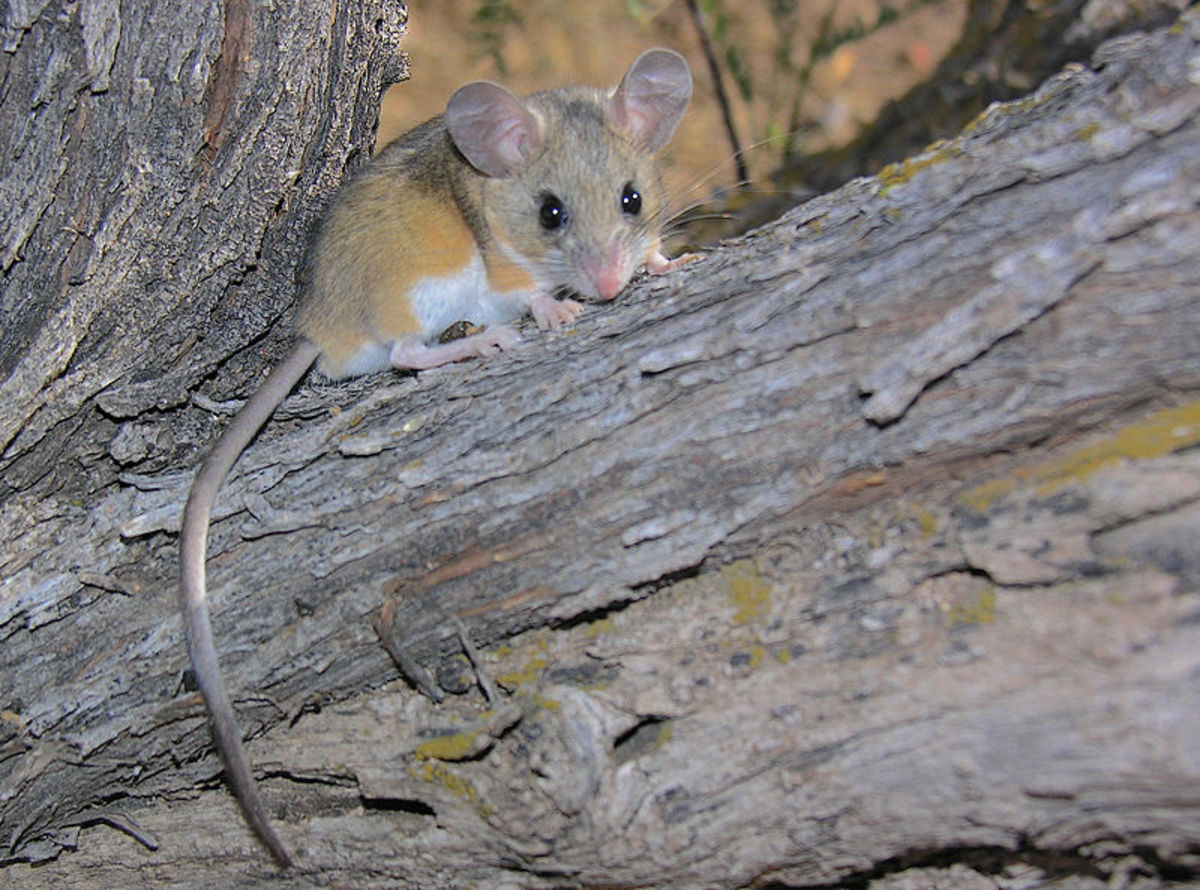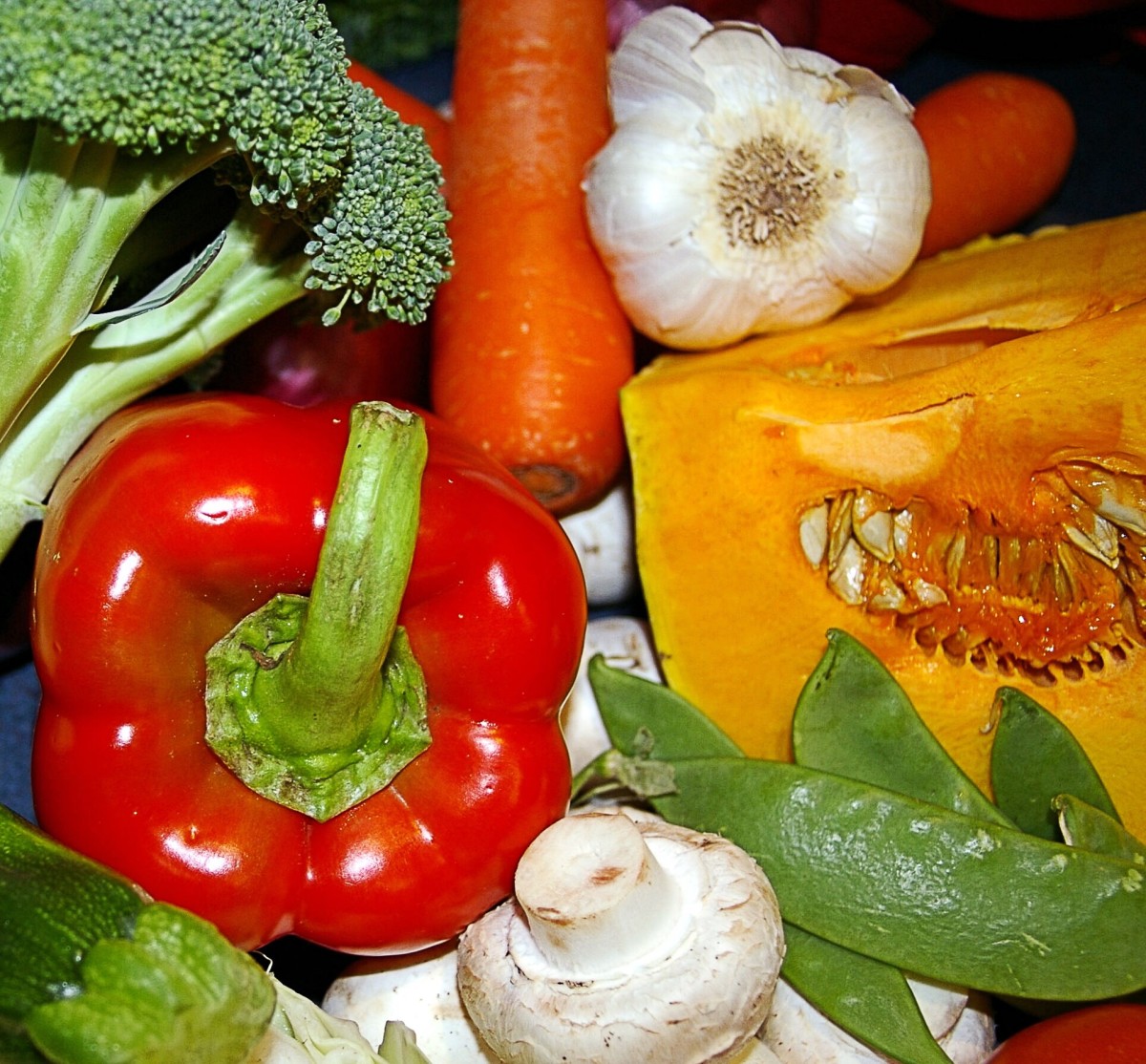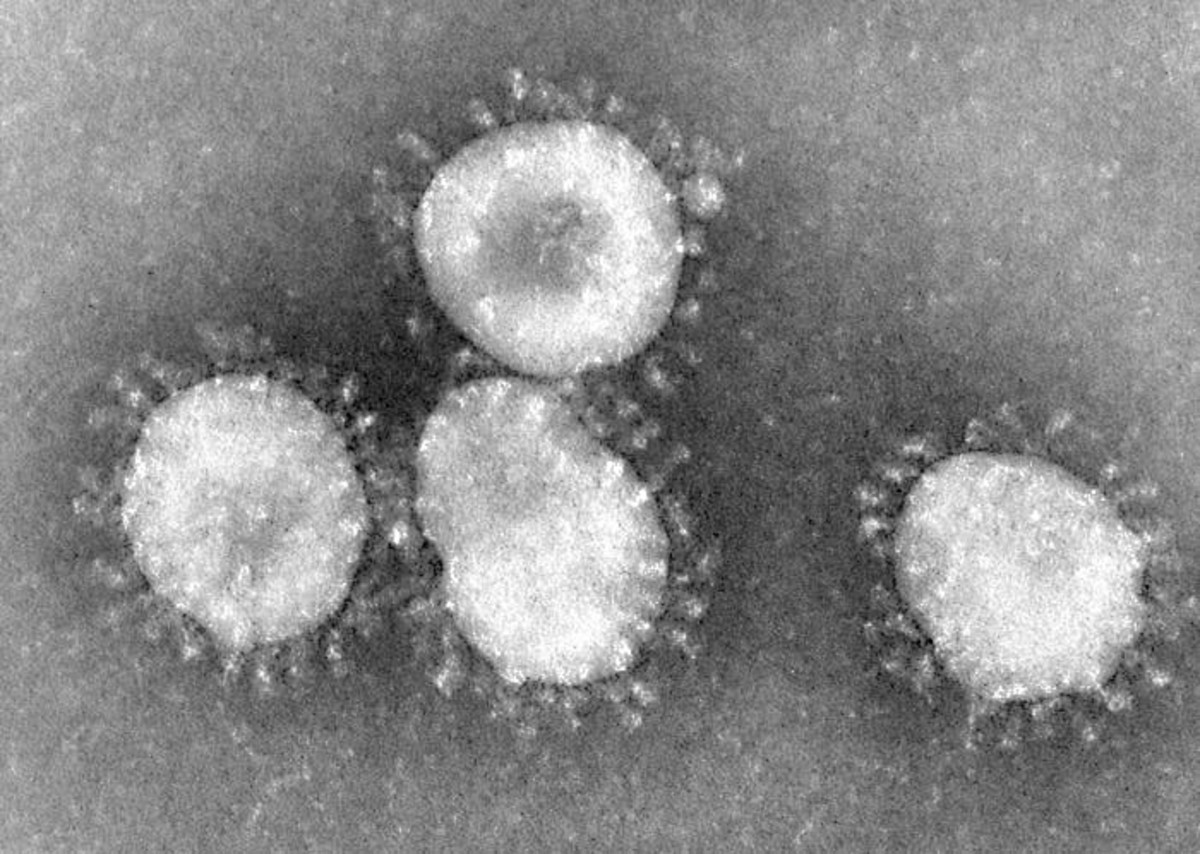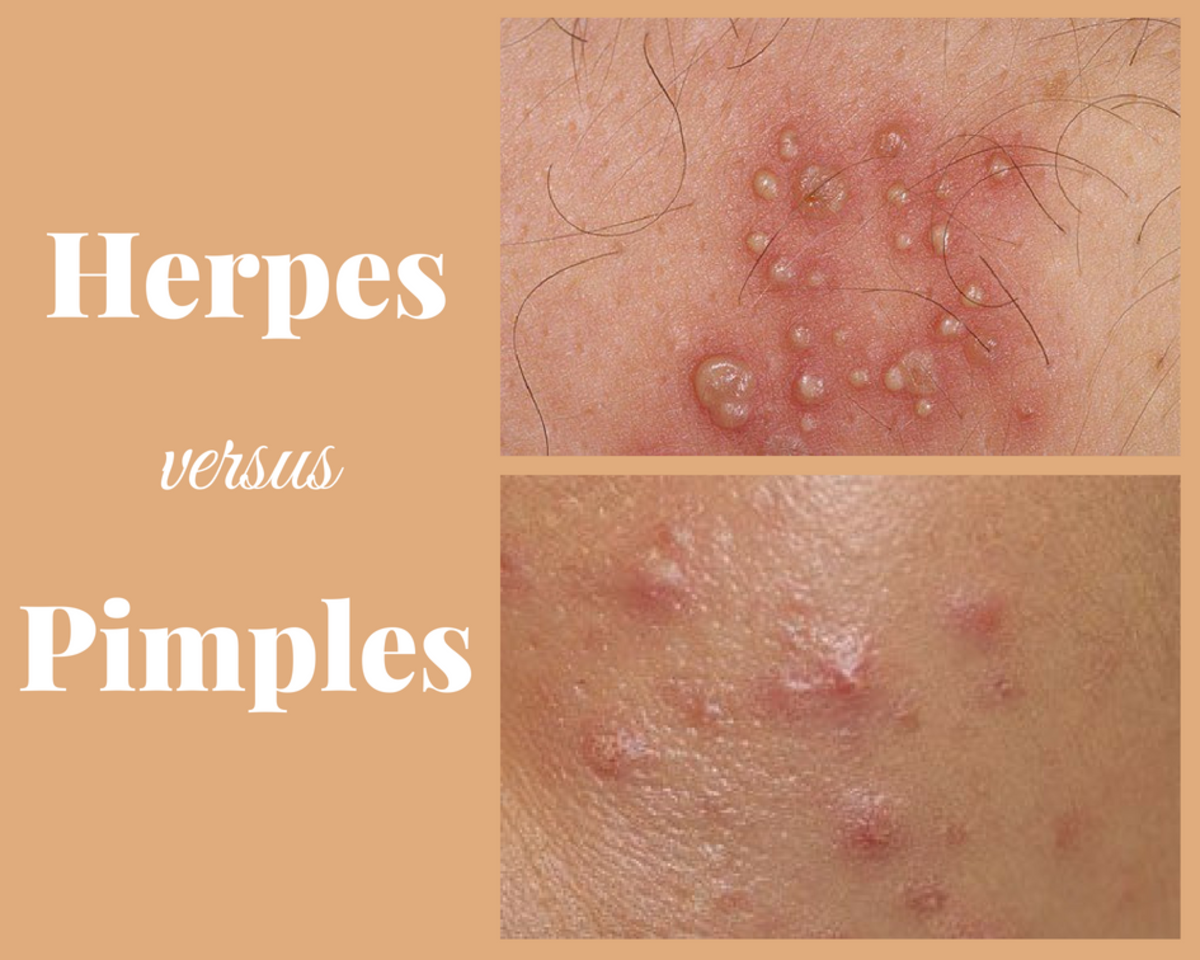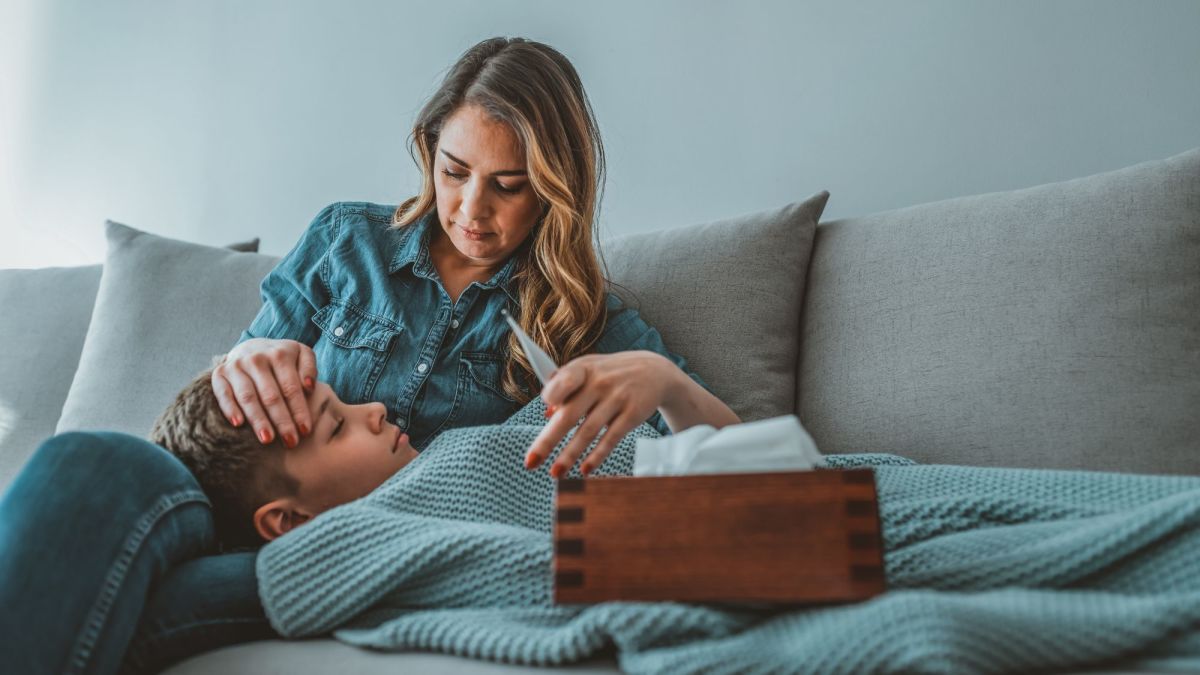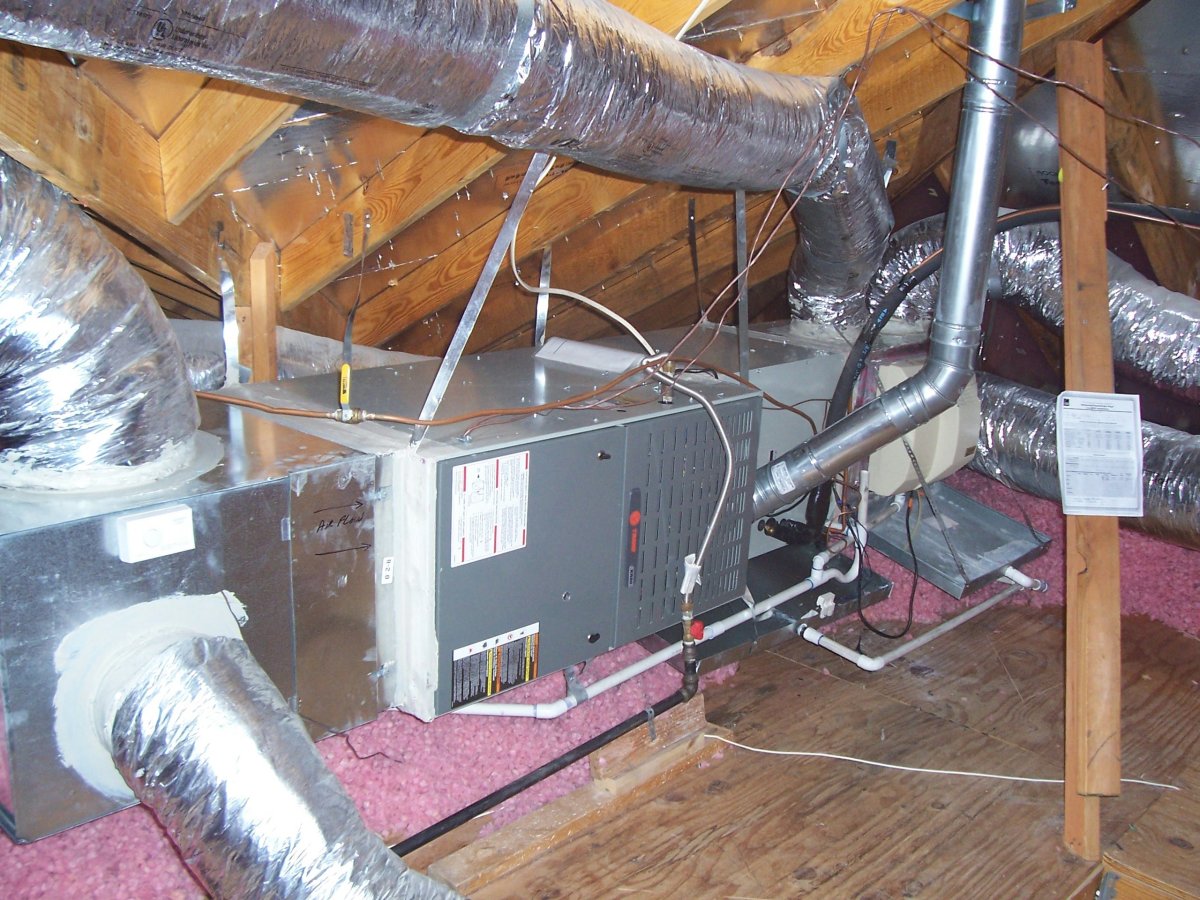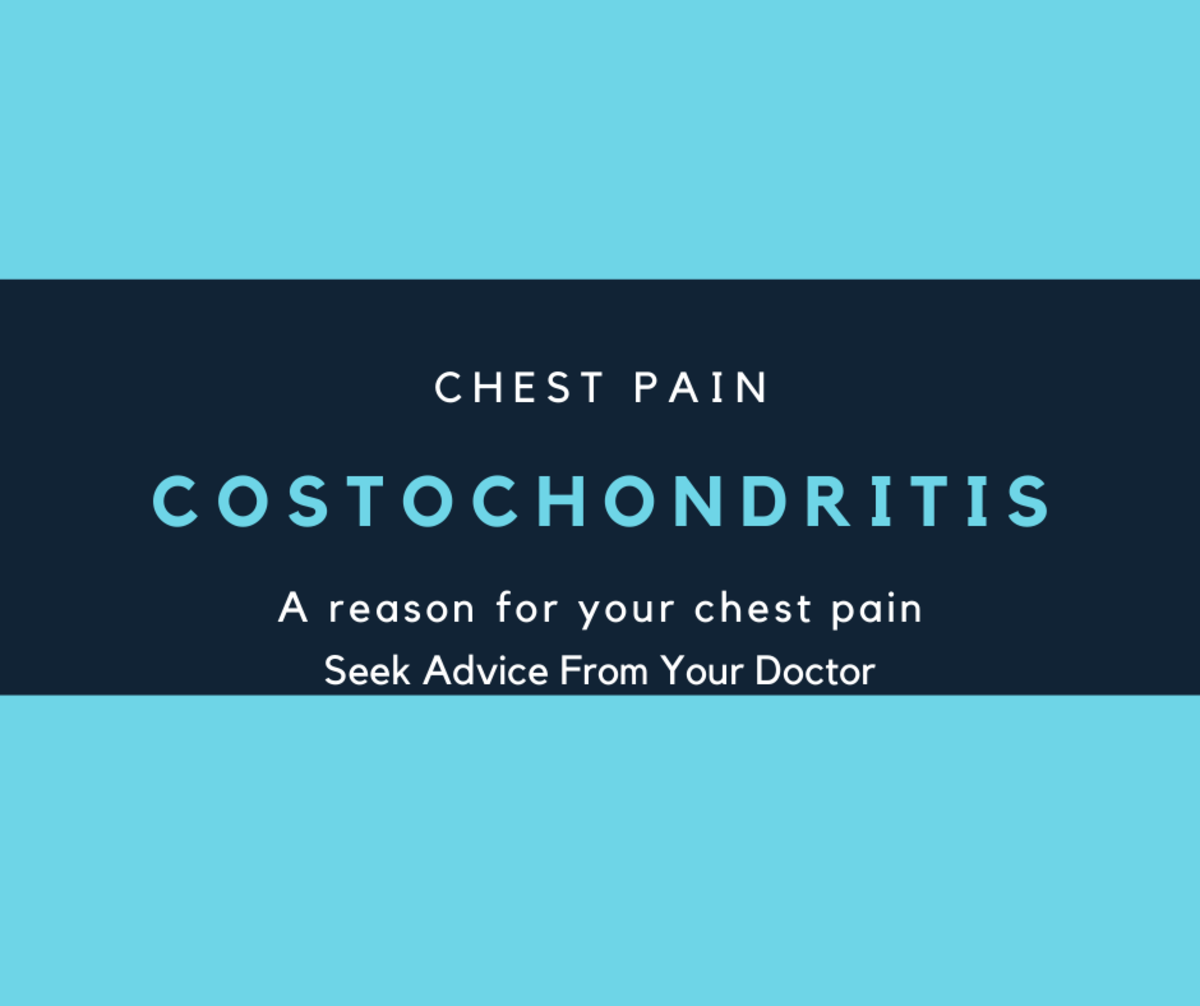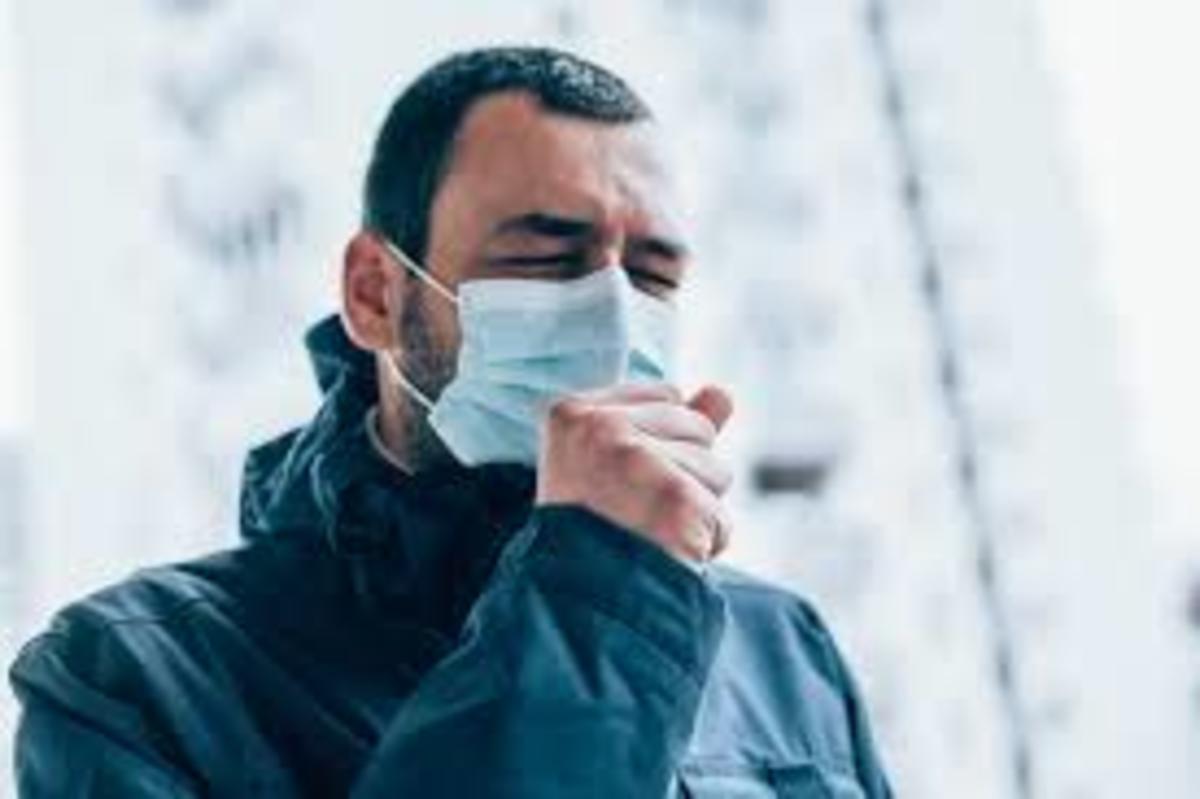Understanding and Treating RSV (Respiratory Syncytial Virus) in Your Children
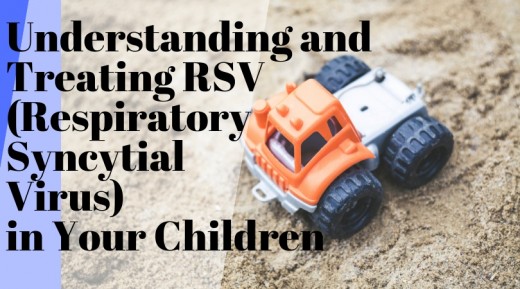
Especially when you are a first time mom, a sick child is always very scary. With all of the possible illnesses and diseases that are floating around, it's hard to know if what you are seeing is normal or if you should really be worried.I've been there and totally understand.
So many moms just rush their children to the doctor's office or to the ER for any of the smallest symptoms just to be safe. However, this could also be dangerously exposing a mildly sick child to a variety of other germs and illnesses at locations specifically for those that are really sick to be treated.
If you rush to the doctor's office or hospital unnecessarily, you are also likely going to have to pay for the visit. Medical services get pricey and fast. A recent survey from The Commonwealth Fund finds that 41% of working-age Americans, or 79 million people, are struggling to pay their medical bills and have accumulated large amounts medical debt over time.
So I wanted to talk to you about a virus that's gotten a huge amount of attention as of late, and is causing fear in the hearts of many moms across the country. Sometimes just knowing the facts makes you feel better. Let's look at a virus now by the name of RSV.

What is RSV?
Respiratory syncytial virus (RSV) is a common, and very contagious, virus that infects the respiratory tract of most children before their second birthday. This virus hasn't been very well-known in the past because not much was known about it and there wasn't a specific way to diagnose it. Just recently the medical community has come up with an easy way to determine when someone has RSV, by swabbing the nose canal and analyzing the results.
For most babies and young children, the infection causes nothing more than a cold, along with all of the tell-tale symptoms. But for a very small percentage, infection with RSV can lead to serious problems such as bronchiolitis, which is inflammation of the small airways of the lungs, or pneumonia, which can become life-threatening.

What is the Likelihood That My Child Will Get RSV?
Honestly, most adults and children have had RSV at some point in their lives, but the symptoms are so similar to the common cold, that they likely wouldn't have known the difference. However, the likelihood that it will become something more serious is actually very low for most individuals.
The chance of the infection becoming severe is greatest for:
- Babies born prematurely
- Children younger than 2 who were born with heart or lung disease
- Infants and young children whose immune systems are weakened due to illness or medical treatment
- Children under 8 to 10 weeks old
The key is taking care of the health of you and your children. Getting plenty of sleep, drinking plenty of water (not soda or lemonade), and eating a healthy, well-balanced diet will keep your immune system strong, and will keep you from getting really sick.

What are the First Symptoms of RSV?
The signs and symptoms of RSV infection most commonly appear about four to six days after exposure to the virus. RSV can cause cold-like symptoms, including a cough, a sore throat, and a runny nose, which usually last for 1-2 weeks.
If, for some reason, your child develops a severe RSV infection, you may see symptoms like
- Fever
- Severe cough
- Wheezing — a high-pitched noise that's usually heard on breathing out (exhaling)
- Rapid breathing or difficulty breathing — the child may prefer to sit up rather than lie down
- Bluish color of the skin due to lack of oxygen
Is RSV Really Fatal?
Most children and adults that get RSV recover in one to two weeks, although some might have repeated wheezing. In fact, it's most commonly mistaken for the common cold. Severe or life-threatening infection requiring a hospital stay happens so infrequently and to such a small percentage of the population, that you likely have nothing to worry about.
The danger is for premature babies, or seniors with compromised immune systems. In these individuals symptoms can quickly escalate to breathing difficulties, pneumonia, and possibly even death.
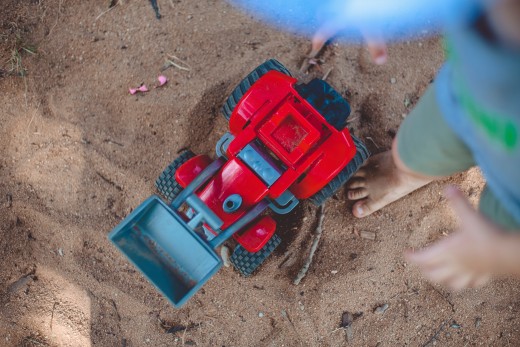
What Causes RSV in Children?
This virus is no different than any other virus, as it spreads by touching or breathing in the germs from someone else that is sick. Just like a cold, the flu, or any other illness, the virus enters the body through the eyes, nose or mouth. You or your child can become infected if someone with this virus coughs or sneezes near you. The virus also passes to others through direct contact, such as shaking hands.
It can also live for hours on hard objects such as countertops, crib rails, and toys. If you touch your mouth, nose, or eyes after touching a contaminated object, and you don't have a strong immune system, you're likely to pick up the virus. Children who attend child care centers or who have siblings who attend school are at a higher risk of exposure simply due to much larger amount and variety of germs they are exposed to.
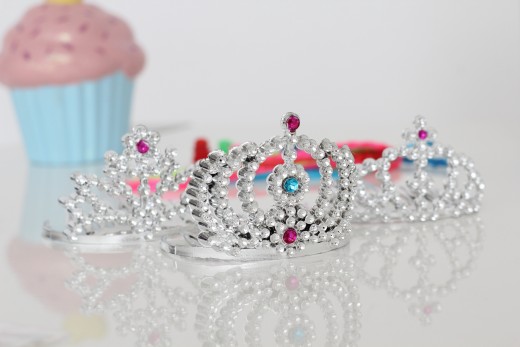
What are the Common Treatments for RSV?
If you take your child to the doctor or hospital, they will likely put your child on a medication called palivizumab to help prevent serious complications of RSV infection. However, there is no medication treats the virus itself, or helps to get rid of it. Your doctor is simply trying to do something to help the situation, when all they can really tell you to do is to go home, get lots of rest, and drink plenty of fluids.
Palivizumab works by preventing the growth of the virus. This medication is given into a muscle (usually the thigh) by a health care professional as directed by your child's doctor, usually once a month during RSV season. However, while this medication could help protect your baby from any possible complications from RSV, you should be aware of the even more severe side effects associated with it.
Signs and symptoms of a severe allergic reaction to this medication could include an itchy rash. swelling of the face, difficulty swallowing, difficulty breathing, bluish color of the skin, muscle weakness or floppiness, and/or unresponsiveness. Proper caring for a baby with RSV infection should instead involve just treating the symptoms of infection and its effects on the respiratory system rather than risking their health with a medication.

Can I Treat My Child's RSV With Something Natural?
Absolutely. RSV is simply a virus that your child can catch from other sick individuals, just like the common cold, or the flu. And it should be treated as such.
- Make sure the sick child is getting plenty of rest, day and night, which means sleeping and laying down for the next few days at least.
- Provide lots of fluids, in the form of water, to your child. If water is difficult to drink, you could freeze fruit and water together for popsicles, let them suck on ice cubes, or give them fruit flavored water. Hot tea or warm milk would work too. (No sugar, as it will just make their symptoms worse.)
- Provide wholesome, healing snacks while they are down, like fresh fruit, fresh veggies, whole wheat crackers, full fat cheese, plain yogurt with raw honey, and nuts. (No sugar, as it will just make their symptoms worse.)
- Remove any sticky nasal fluids with a bulb syringe for smaller children, and encourage those that can to blow their noses.
- Use a cool-mist vaporizer day and night to keep the air around them moist to make breathing easier.
- Provide warm baths and/or showers, which will relax them and possibly make them sleepy.
- Keep any sick children home from school, daycare, and playdates until better. You don't want their vulnerable bodies to pick up anything else, to overexert themselves and get worse, or to spread the infection further.
- Don't provide or take any unnecessary medications.
Your bodies simply need time to heal themselves. So the best treatment you can provide will be to give their bodies the right environment to fight off the illness.
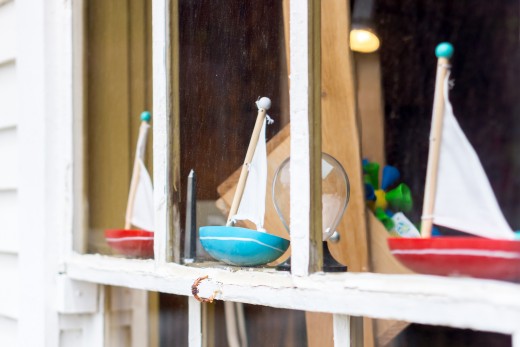
Can Children Pass RSV to Adults?
Yes. RSV is just like the cold or flu in that if you are coughed or sneezed on, or if you come into contact with any infected germs from the sick person, you too can get sick. In healthy adults, who are taking care of themselves, and therefore have a strong immune system, picking it up from a child is not a worry.
However, remember it also works the other way as well. A sick parent can spread the illness to their children. So all members of the family need to be taking good care of their bodies all year round, promoting strong, efficiently working immune systems, to prevent illness from taking over a home.
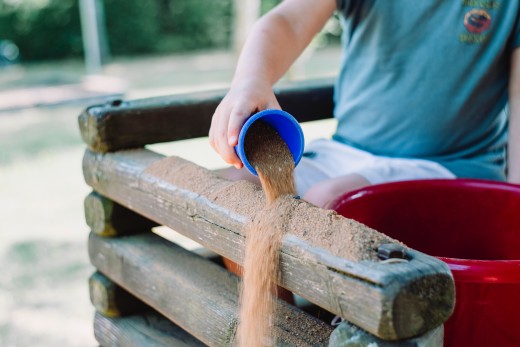
Is There a Way to Prevent My Child From Getting RSV?
There is and it's a lot easier than you would think! And the tips for prevention are almost the same as the treatment. So many people wait until it's sickness season to try and take care of themselves. By this time, it's usually too late to try and build your immune system up to keep from getting sick.
The key is to be "preventing illness" all year long. Check out some of these tips for keeping your family healthy, no matter the season.
Get plenty of rest. Children should be getting a recommended 10-12 hours of sleep a day, and adults need about 7-9 hours a night to stay healthy. This may not be possible for everyone, but do your best to get the rest your body needs to stay strong.
Drink enough water. It's recommended to drink your body weight in ounces of water. If you weigh 100lbs, then you should be aiming to drink about 100 ounces of water a day. That's about 6 bottles, or glasses, of water a day. (A regular bottle of water is 16 ounces, so 6 bottles of water is 96 ounces.) Water is crucial for every part of your body, including your brain, to work effectively. By depriving your body of water, you are making it vulnerable to all sorts of issues.
Eat a balanced diet. Not only does this mean, most importantly, that you eat from all of the food groups, but it means eliminating processed foods, which don't belong on the food pyramid at all. Too many parents are eliminating whole food groups, like dairy and carbs, from their children's diets in order to solve various autoimmune conditions. But this is dangerous.
What they should really be doing is eliminating the processed version of those foods. In a nutshell, processed foods, or anything premade in a bag, box, package, or can, is chock full of toxic chemicals that are wreaking havoc on our bodies. Your body desperately needs real, whole, natural foods from every food group in order to function properly.
Get plenty of exercise. Your body needs to move and be active to increase it's blood supply, provide you with more oxygen, and process your food to give you energy. The sedentary lifestyle many of the members of our society, adults and children alike, are leading sitting in front of a screen, is keeping our bodies from working well.
Don't provide or take any unnecessary medications. I would be remiss if I didn't toss this one in. The dangers of Tylenol, Ibuprofen, and many other medications for adults and children has been widely studied and publicized, but they are still commonly taken. Your body can be a well-oiled, infection fighting machine if you give it the necessary ingredients.
Medications, whether prescription or over-the-counter, keep your body from performing the necessary tasks for healing your body. In fact, they make you more vulnerable to the infection getting much worse and turning into something dangerous. Just say no.
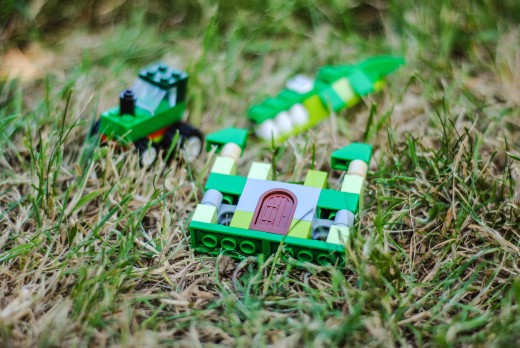
When Should I Seek Medical Attention for My Child's RSV?
Although it's very unlikely that you will need to worry about needing to visit a doctor or hospital for RSV in the near future, it's always possible. Therefore, I share the symptoms that could give you some warning that something more serious could be wrong.
Call your child's doctor immediately if you notice two or more of the following symptoms:
- Trouble breathing
- Cough producing yellow, green, or gray mucus
- Unusually upset or inactive
- Refuses to breastfeed or bottle-feed
- Signs of dehydration -- lack of tears when crying, little or no urine in the diaper for 6 hours, and cool, dry skin.
If your baby is very tired, breathes rapidly, or has a blue tint to their lips or fingernails, get medical attention immediately.

RSV is nothing to be scared of. You'll have enough to keep you awake at night, or to worry about with your children from the very first day of life, that's there's no reason to add anything to it. RSV is just a virus, like any other that can be contracted by the spread of germs, and can be avoided by strengthening your immune system.
If you do have a brand-new baby, a immune-compromised toddler, or a premature infant, it is best to do what you need to in order to protect their health regardless of the season or illness. But otherwise, focus on taking care of the health of every member of your home all year long, take good care of them if someone is sick, and watch their symptoms, and you should have no reason to worry.
I hope you take these tips and move into a healthy regimen for your family year round. Good luck this sick season. I hope you stay healthy!
© 2019 Victoria Van Ness

